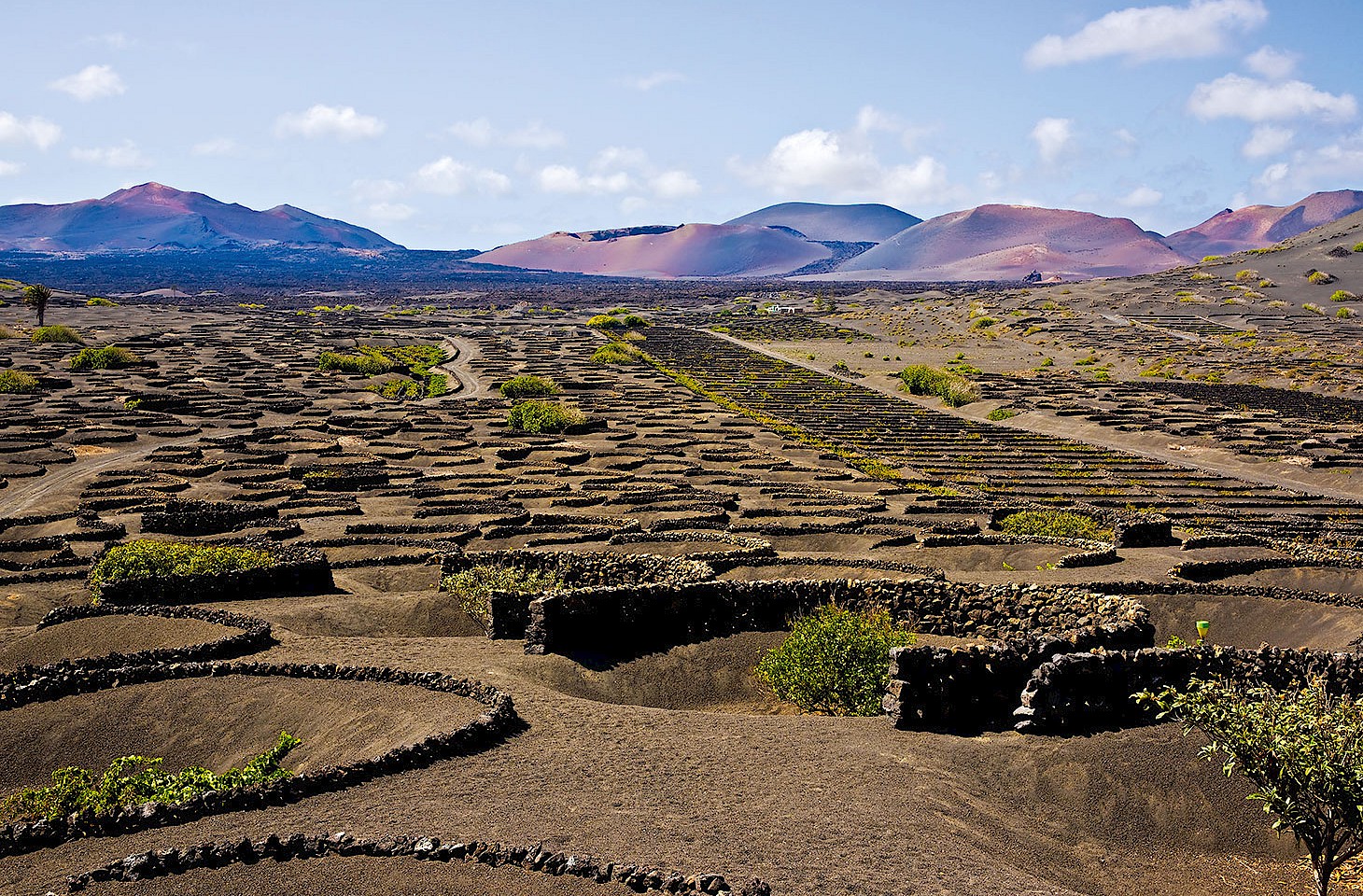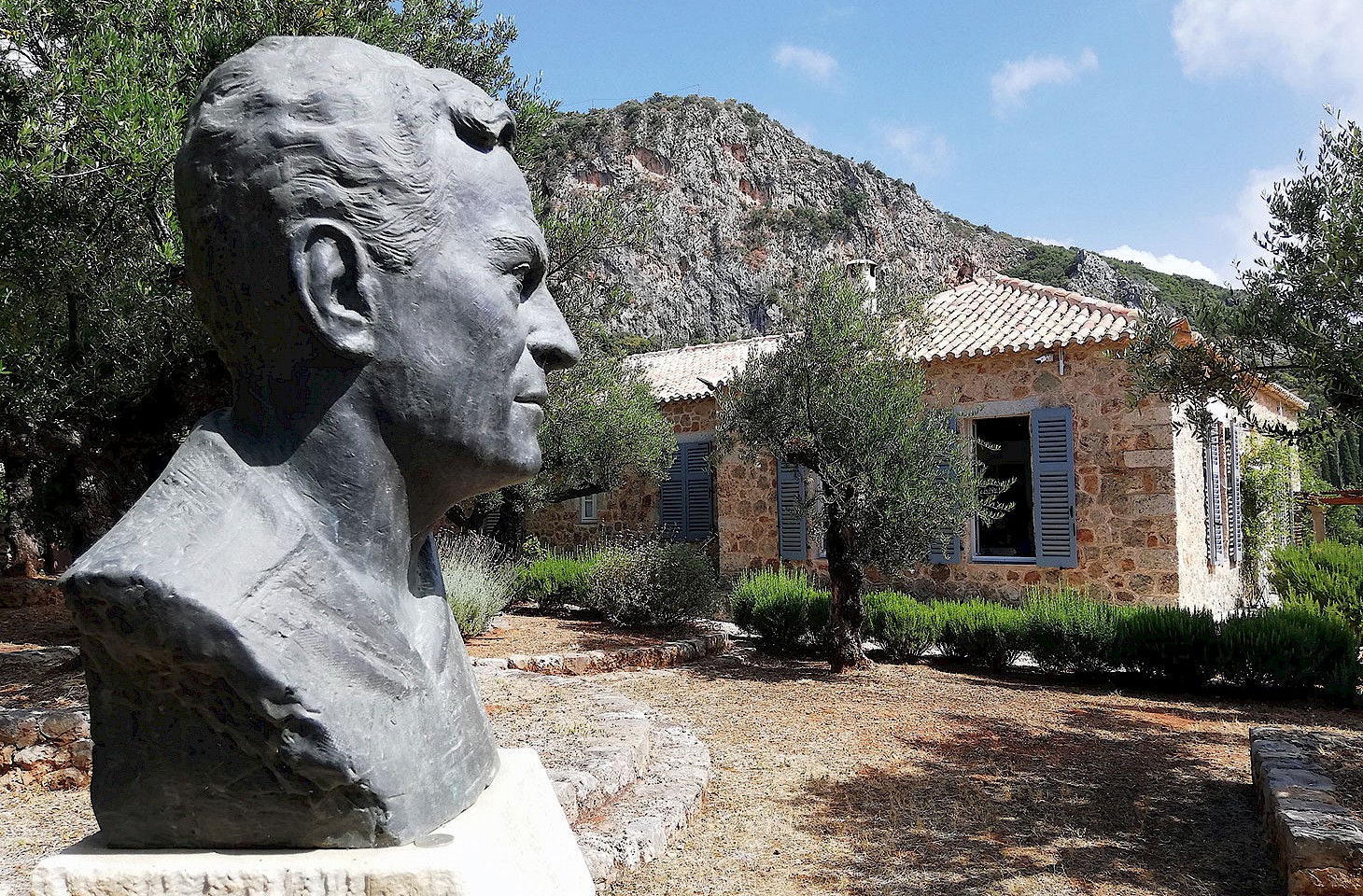Dear fellow travellers
At ten o'clock yesterday evening, well after the sun had dipped below the waters of the Adriatic, the car ferry arrived in Ubli. The little port at the south-west corner of the island of Lastovo has a hangdog sort of feel, but it's a good place to sit on the quayside, watch the last of the evening sun and await the arrival of the ferry.
Ubli is not the centre of the world, nor even the centre of the island of Lastovo. The only town is about a dozen kilometres away, on the north side of the island. But 'town' is a word one should use provisionally in this context, for the entire island of Lastovo only has 800 souls. Over half of the Lastovans live in the principal settlement - which has the same name as the island. But that 'capital' is really just a wee slip of a place.
The car ferry from Split to the island runs twice daily at this time of year, taking around five hours for the journey to Ubli. This surely makes Lastovo one of the remotest islands in Croatia - and, as of this morning, it becomes one of the remoter outposts of the European Union.
Long before sunrise today, there was the usual morning bustle around the pier at Ubli as folk gathered for the 4.30 am ferry back to Split. During the few night-time hours that the ferry rested at the quayside at Ubli, something changed quite irrevocably on the island of Lastovo. By becoming part of the European Union, Lastovo reconnected with its past in a way that finds no parallel in any other inhabited island in southern Croatia.
For Lastovo has an extraordinarily complicated geopolitical history. The island was the westernmost of the possessions of the Republic of Ragusa, a small but distinguished maritime state that, having seceded from Venice in 1358, maintained her independence until 1808. Ragusa will be familiar to readers under its modern name of Dubrovnik.
Napoleon's troops forced Lastovo into submission. Within a space of a few years, Lastovo was part of the French Empire and had a spell under British rule before becoming part of the Habsburg Empire in 1815. Under the Treaty of Rapallo in 1920, the island was awarded to Italy and then, after the Second World War, it became part of Yugoslavia. With Croatian independence in October 1991, yet another flag fluttered over Lastovo.
No surprise, perhaps, that the residents of this island in the middle of the Adriatic take a relaxed view of geopolitics. Empires come, empires go. Living so far from the mainland, the islanders' allegiance to any authority is always provisional. The Croatian capital in Zagreb seems far, far away when you sit on the quayside at Ubli. But, like many maritime communities with long histories, Lastovans have far horizons. They, perhaps more than others in Croatia, will take membership of the European Union in their stride.
Nicky Gardner and Susanne Kries
(editors, hidden europe magazine)




